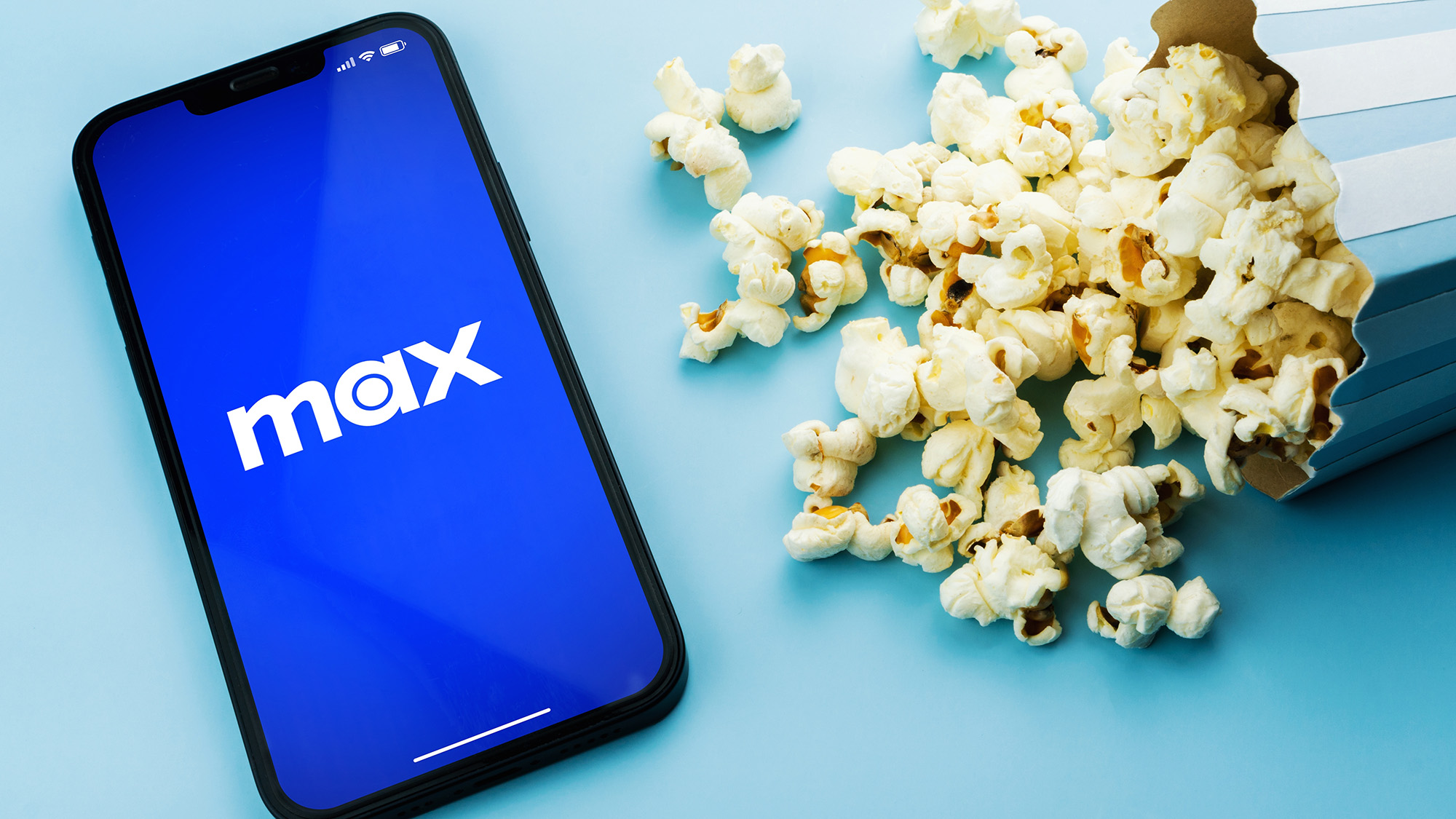What You Need to Know Before Switching Carriers
Verizon is the latest carrier to offer monetary incentives to get you to switch. Here's what to keep in mind when you mull over jumping to a new wireless provider.
Verizon is taking a cue from other wireless carriers, waving around cash — or at least a sizable prepaid card — to convince you to switch over your cell phone service. Switching offers can be tempting, especially if you're mulling over a change in your wireless service. But there are a few things to keep in mind before you run to another wireless carrier's seemingly loving embrace.

It's not just a matter of weighing the offers from each carrier looking to get you to jump ship. In most cases, the refund you can expect is similar from carrier to carrier, and you're not receiving that refund in the form of cash — rather, it's a prepaid card aimed at covering the costs of your switch. Instead, the details to pay special attention to are the ones that come into play after you've made the move to a new carrier.
MORE: Best Cellphone Plans
What the Carriers Offer
Here's how each of the Big Four carriers hope to get you to leave your old cell phone provider behind:
* Verizon: The landscape of switching offerings became a little more crowded this week when Verizon promised up to $650 for each line you bring over from another carrier. Verizon points out that a family of four could get $2,600 in credit to cover early termination fees and device purchase plans by switching over to its service. Verizon is sweetening the pot by tacking on a deal it announced earlier in December: Sign up for the company's 12GB or 18GB plans (which start at $80 and $100 a month, respectively), and Verizon will add 2GB of data to your plan each month for as long as you remain a subscriber. See Switching Offer.
* Sprint: Like Verizon, Sprint will give you up to $650 per line in a prepaid card to cover an expense related with switching carriers. Sprint also extended its Cut Your Bill In Half Promotion to include T-Mobile subscribers; previously, the deal to offer a comparable data package at half the monthly rate covered only AT&T and Verizon customers who switched to Sprint. See Switching Offer.
* T-Mobile: The Uncarrier also covers the cost of paying off your phone at your old carrier minus the trade-in value you get when you turn in your phone with a prepaid card. T-Mobile covers up to $650 per line for up to 10 total lines. (It extends a similar offer to businesses with more than 10 lines, too.) See Switching Offer.
* AT&T: At $300, AT&T's switching offer is the most modest of the major carriers. That amount is broken up into a $100 bill credit for switching over to AT&T's wireless service plus $200 for trading in an eligible smartphone. Current customers who add a new line of service are also eligible for the $200 credit if they trade in an eligible phone. See Switching Offer.
What to Look For When Switching Carriers
No matter who's making the offer, though, there are four things to keep in mind when you contemplate taking advantage of a carrier's switching deal.
Sign up to get the BEST of Tom's Guide direct to your inbox.
Get instant access to breaking news, the hottest reviews, great deals and helpful tips.
MORE: Who Is the Best Phone Carrier?
Check Out the New Carrier's Coverage: It may seem like an obvious point, but that doesn't make it any less essential: As attractive as a carrier's switching offer may seem, it's of little use if the carrier's signal doesn't reach the places you frequent. You should do more than just glance at a coverage map for your would-be carrier. Instead, find a friend or colleague who already subscribes to that carrier and see what kind of coverage they get at your home, office, or any other place where you're likely to frequently use your phone. Generally speaking, Verizon and AT&T offer the best coverage.
Find Out If There's an Escape Clause: Different carriers require different levels of commitment when you switch to their service. Sprint, for example, gives you 28 days to try out its service and return your phone if you aren't satisfied. (You will be on the hook for any usage charges as well as the $35 activation fee unless you have second thoughts within three days of activating your phone.) Verizon's new offer requires you to keep your new line active for at least six months. It pays to know just what kind of commitment you're agreeing to before you pull the trigger on a deal.
Be Prepared to Give Up Your Phone: Every one of these switching deals requires you to trade in your current phone and buy a new one from your new carrier. Maybe you were planning on an upgrade anyhow, but it's something to factor into your calculations.
Know About Any Limitations or Requirements: It sometimes pays to read the fine print of any deal. For instance, the monthly rate you get from Sprint in the Cut Your Bill in Half promotion lasts through January 8, 2018. (If you add an extra line between now and then, though, your promotional rate still applies.)
T-Mobile subscriber perks like rolling over unused data and streaming video without it counting against your monthly allotment only apply to plans with 6GB or more of data. It's good to know these things before you sign up with a new carrier to avoid disappointments later on.
Philip Michaels is a Managing Editor at Tom's Guide. He's been covering personal technology since 1999 and was in the building when Steve Jobs showed off the iPhone for the first time. He's been evaluating smartphones since that first iPhone debuted in 2007, and he's been following phone carriers and smartphone plans since 2015. He has strong opinions about Apple, the Oakland Athletics, old movies and proper butchery techniques. Follow him at @PhilipMichaels.
-
Mark_101 Please do a review of the various carriers push-to-talk services. I am in the towing business where push-to-talk is vital keeping dispatch in quick contact with drivers. We must use rugged phones, that can be dropped ten times and still work, not pansy breakable smart phones. Nextel analog push to talk always worked. When Sprint shuttered Nextel and went digital then Sprint push-to-talk never worked. So I switched my company to AT&T when our two year contract with Sprint was up, thinking AT&T push to talk couldn't be any worse than Sprint's. I was wrong. AT&T push-to-talk is horrendous and not worth messing with anymore, we've given up and just use standard cellular service to relay voice messages. My two years with AT&T is up this December and would like a push-to-talk review before then. Please help!Reply

